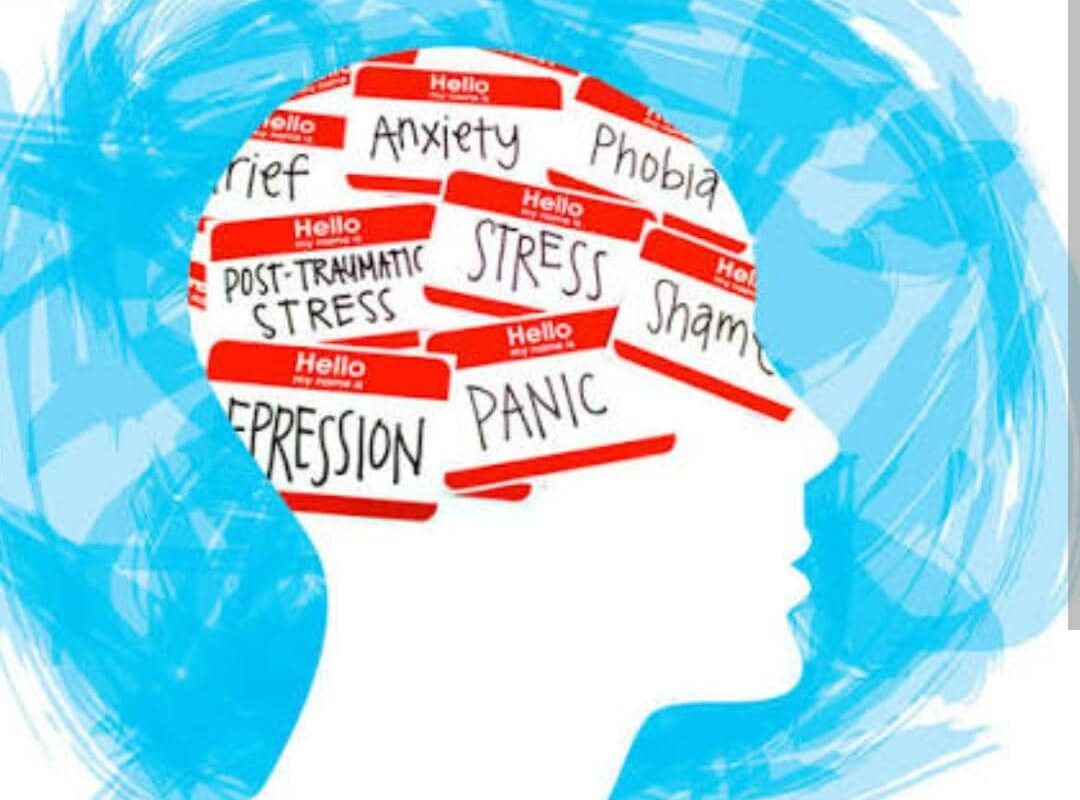Introduction
Taking care of your mental health is just as important as taking care of your body — but sometimes, it feels like one more thing to do in an already busy life. Between work, family, and personal goals, even self-care can start to feel overwhelming. The truth is, mental health care doesn’t have to be complicated. You can protect your peace and stay grounded by focusing on small, consistent actions that fit naturally into your daily routine.
In this post, we’ll explore simple ways to take care of your mental health without feeling like it’s a chore.
1. Start Small and Stay Consistent
You don’t need to overhaul your life to improve your mental health. Start with small, manageable habits that are easy to maintain — like journaling for five minutes, taking a short walk, or setting aside quiet time before bed.
Consistency is more important than intensity. A few mindful minutes each day can have a stronger impact than occasional bursts of self-care.
🡒 Try this: Write down one good thing that happened today. It helps your brain focus on gratitude and builds emotional resilience.
2. Set Healthy Boundaries
Protecting your mental space is essential. That means saying no when you need rest, stepping away from toxic relationships, and limiting time on social media when it becomes draining.
Boundaries aren’t selfish — they’re necessary. They give you room to recharge so you can show up as your best self.
🡒 Tip: If you struggle to say no, start with small boundaries like “I’ll get back to you later” instead of immediate responses. explores why you should avoid toxic relationships
3. Prioritize Rest and Sleep
Lack of sleep can amplify stress, anxiety, and irritability. Resting your mind and body allows your emotions to balance out. Even short naps or quiet moments away from screens can restore calm and clarity.
🡒 Create a routine: Go to bed and wake up at the same time each day. Keep your room cool, dark, and quiet to improve sleep quality.
Watch This: https://youtu.be/dqONk48l5vY?si=sEy8d0a3377G-ni9
4. Talk About Your Feelings
Bottling up emotions only makes things heavier. Sharing your thoughts with someone you trust — a friend, therapist, or family member — can make a huge difference. Talking helps you process emotions and gain new perspectives.
If you’re not ready to talk, writing your feelings down is a great start. Expressing yourself safely is a powerful form of emotional release.
Read Also:
5. Move Your Body — Gently
Exercise doesn’t have to mean going to the gym. Stretching, dancing, or walking outside can lift your mood and release tension. Physical movement boosts endorphins, which naturally help reduce stress and anxiety.
🡒 Try this: When you feel anxious, take a deep breath and do a quick 10-minute stretch. It helps calm both your body and your mind.
6. Limit Information Overload
Constant exposure to news, social media, and online drama can quietly drain your mental energy. You don’t have to consume everything. Give yourself permission to unplug.
🡒 Digital detox idea: Choose one hour each day to disconnect from screens and do something grounding — like reading, cooking, or listening to calming music.
7. Practice Self-Compassion
You won’t always have it together — and that’s okay. Be kind to yourself on the hard days. Talk to yourself like you would to a friend going through a rough time.
Self-compassion isn’t about ignoring your flaws, but understanding that being human means making mistakes and learning from them.
🡒 Affirmation: “I’m doing my best, and that’s enough.”
8. Create a Routine That Feels Good
A stable routine gives your mind structure and predictability — both of which reduce anxiety. Include activities that make you feel grounded: morning stretches, evening reflection, or simply enjoying breakfast without rushing.
🡒 Resource: https://www.epidemicsound.com/ guided meditations and mindfulness music.
Conclusion
Taking care of your mental health doesn’t have to be another task on your to-do list. It’s about creating gentle habits that help you breathe easier, think clearer, and live more intentionally.
Start small. Stay consistent. Be kind to yourself. Over time, you’ll realize that nurturing your mind doesn’t overwhelm you — it empowers you.



